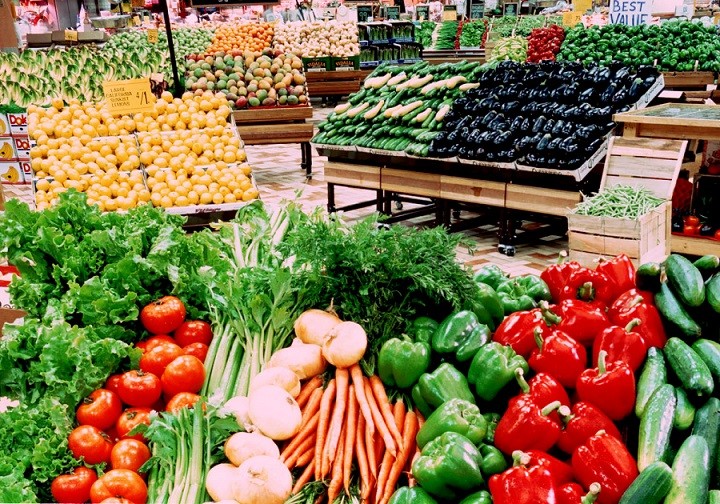 |
| Nearly 80% of Vietnamese agricultural products on the market do not have brands, logos, labels, etc. (Source: Investment Newspaper) |
Great opportunity
Located in the tropical climate zone, Vietnam has advantages in agriculture , with many leading agricultural products for export in the market. Vietnam has also become one of the world's leading agricultural exporting countries with many key products: Rice, coffee, fruit, wood, seafood...
Most notably, recently, Vietnam's rice products have proven their position when market demand has increased to a record level and prices have always remained at the highest level in the world . In addition, we must mention fruit products, when we have many types of exported fruits that are very popular with customers in other countries, such as: durian, mango, dragon fruit, banana...
Or like vegetables and fruits - Vietnam's main export product. Vietnamese vegetables and fruits are present in most major import markets, including markets with strict requirements on quality standards such as the US, the European Union (EU), Japan and Korea.
However, in reality, nearly 80% of Vietnam's agricultural products on the market do not have a brand, logo, or label... For example, coffee, although known as the second largest coffee exporter in the world, branding for these products is still quite vague, with almost no brand...
According to analysts, the underlying reason is that Vietnamese coffee is mainly exported in raw, unprocessed form, so the added value is not much... Exported products lack brands, so they are not widely known to foreign consumers and must go through foreign intermediary businesses or be processed for famous brands.
According to Mr. Dang Phuc Giang from the Center for Rural Development, Institute of Policy and Strategy for Rural Development Industry, currently, only 20/124 enterprises producing, trading and processing agricultural products have achieved national brands. The number of enterprises with brands is small and the policy of protecting Vietnamese brands abroad is still inadequate.
Branding expert Nguyen Quoc Thinh found that building agricultural product brands faces many difficulties and problems. Vietnamese agricultural products have not yet built a quality control system. Most agricultural products are grown and produced on a small scale, and the source of plant and animal breeds lacks control and direction.
In parallel, the production process still relies mainly on experience and customs; harvesting, processing and post-harvest preservation technology is still rudimentary; the application of science in agricultural production and processing is not much, leading to inconsistent and unstable quality.
The quality of products bearing collective trademarks is mainly determined by color, shape, taste, etc. based mainly on senses, so it is difficult to quantify and set common standards for that product.
"In the context of increasingly deep integration, the door to the global market has been opened, the opportunity to bring high value to agricultural products is huge. Therefore, building and positioning the brand of Vietnam's key agricultural products in the world market needs to continue to receive substantial attention," said expert Nguyen Quoc Thinh.
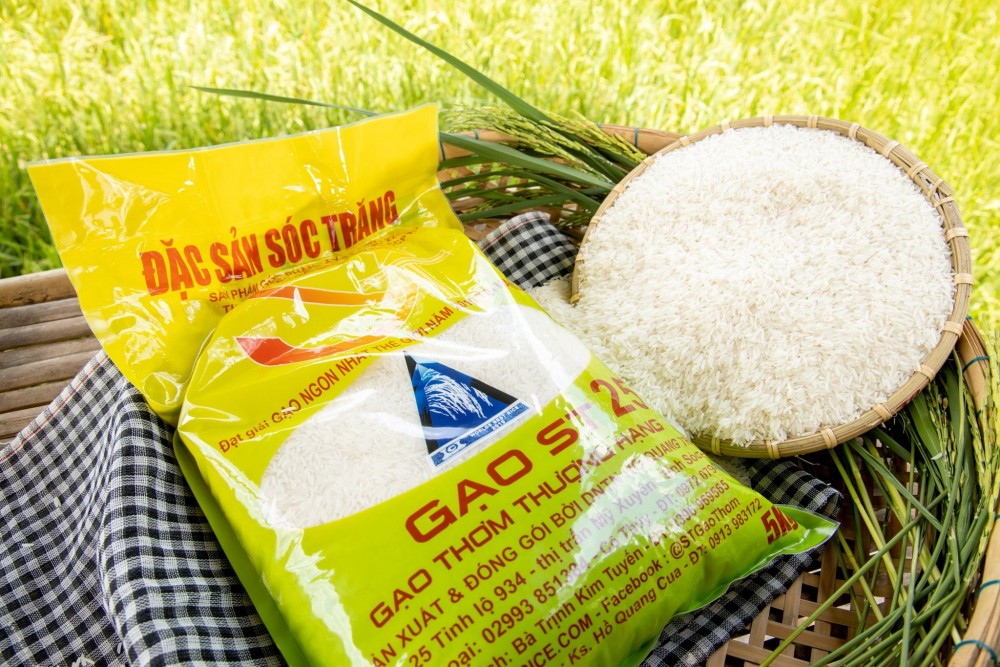 |
| Vietnam's rice products have proven their position as market demand has increased to a record level and prices have always remained at the highest level in the world. (Source: MK Logistic) |
Need consensus
To build a national brand for agricultural products, according to Mr. Van Huu Hue - Deputy Director of the Department of Agriculture and Rural Development of Vinh Long province, all levels and sectors need to pay attention to creating conditions for farmers and businesses to establish specialized production areas according to high quality standards.
At the same time, implement policies to encourage the development and protection of geographical indications, certification marks, and collective marks for local specialty and traditional agricultural products...
Mr. Tran Bao Minh, Vice President of Nutifood, realized that if Vietnamese agricultural brands want to have a position and compete in the international market, they must start by analyzing their advantages.
He said: "To know the advantage, ask yourself, with Vietnam's current climate, soil, production practices, and geographical location, which types of trees and animals will have a competitive advantage in the long term? For example, if we compete with Australia on apples and pears, we will definitely lose, but with rambutan and durian, we have many opportunities."
Nutifood Vice President said that if you do not know what the advantages are, it will be very difficult to build a Vietnamese agricultural product brand because agriculture requires land, and land is limited. Within such land and water limits, you must create products with the highest value.
"Besides, branding is not just about producing, then putting your name on the product and exporting it. We must build an industrial ecosystem that brings great value to all participants in the value chain and that ecosystem. This is what Ireland did with milk or what Korea did with ginseng branding, to create strong brands," said Mr. Tran Bao Minh.
Mr. Nguyen Dinh Tung, Vice President of the Vietnam Fruit and Vegetable Association, General Director of Vina T&T Group, said that Vietnam needs to select 1 or 2 agricultural products to represent the country, calling for the consensus of all classes and ministries to join hands in promoting. This is not only the responsibility of the Ministry of Agriculture and Rural Development, or the Ministry of Industry and Trade, but many other ministries such as tourism, culture... must also participate.
"There needs to be consensus among the Government, ministries, sectors, businesses, and people to have a national agricultural product brand," Mr. Tung affirmed.
On the side of the Ministry of Agriculture and Rural Development, in the coming time, the Ministry will continue to direct the branding of other key agricultural products of the agricultural sector, integrating a number of previously implemented programs to create a spread and positive influence on the international market such as: Rice, meat, seafood, vegetables, sugar cane, coffee, tea, cashew nuts, pepper, rubber, coconut, wood and wood products.
The Ministry will also support and facilitate the development of regional specialty brands and One Commune One Product (OCOP) brands through promotional activities, fairs, exhibitions, etc.
To implement the construction and development of agricultural product brands to ensure that requirements are implemented in a systematic and professional manner, the Ministry of Agriculture and Rural Development continues to closely coordinate with the Ministry of Industry and Trade and the Ministry of Science and Technology to accelerate the progress of building geographical indications for agricultural products according to the Regulation on coordination in building and managing geographical indications.
In addition, the Ministry will develop a comprehensive program on developing Vietnamese agricultural product brands, including full implementation guidelines on roadmap, financial tools, techniques, markets, coordination mechanisms, sharing systems, etc. so that localities have a basis for implementation.
Mr. Nguyen Nhu Cuong, Director of the Department of Crop Production, Ministry of Agriculture and Rural Development, commented that we cannot go far and for long without a solid foundation from within the country.
Mr. Cuong believes that: "Therefore, Vietnam needs to face the truth that the current small-scale production is also a difficult problem in building and developing brands. National brands for agricultural products are a long story. We are slow, but we have to take the first steps and I believe we will get there."
Source


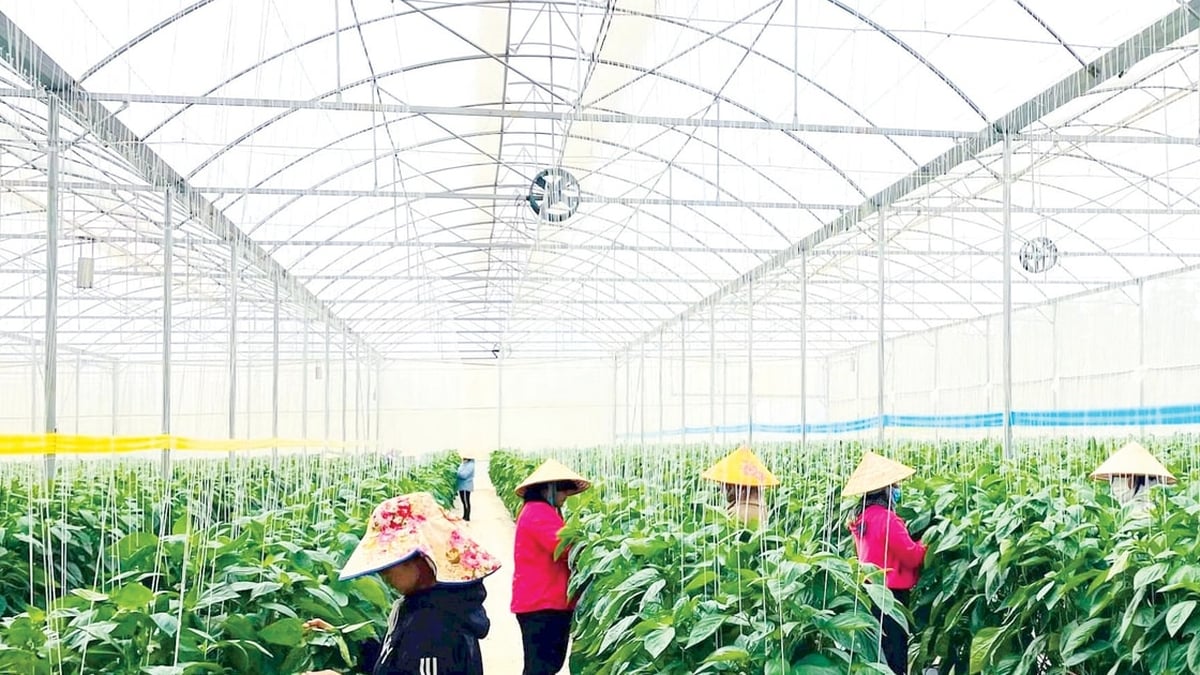
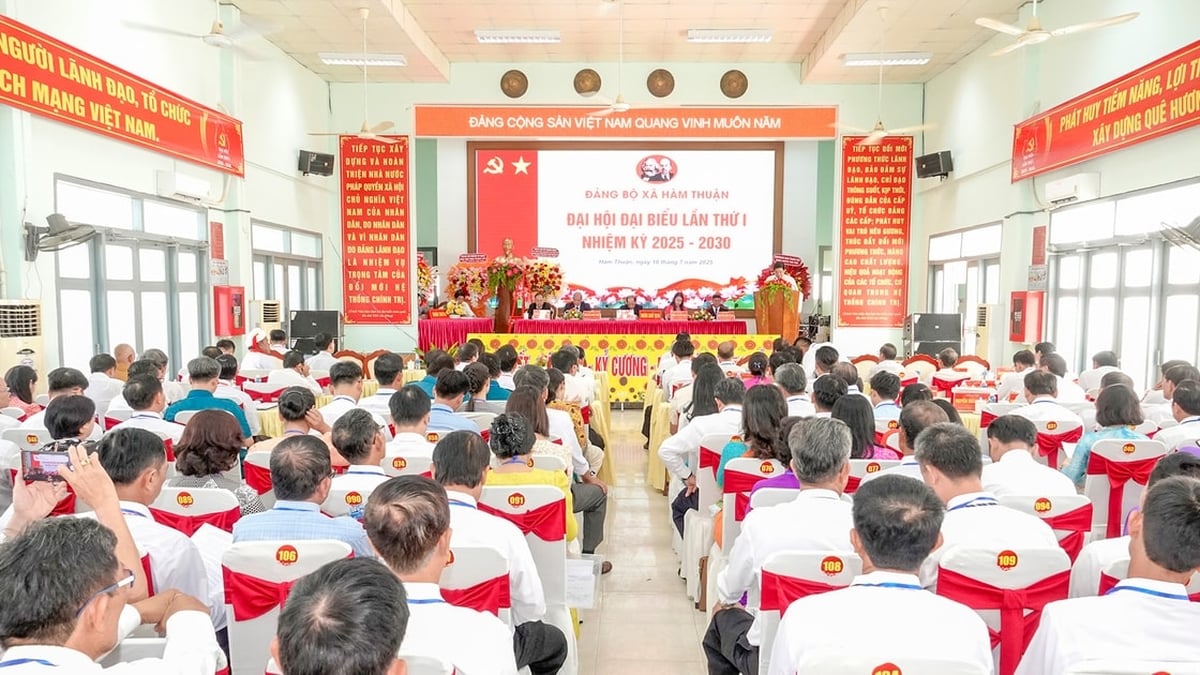
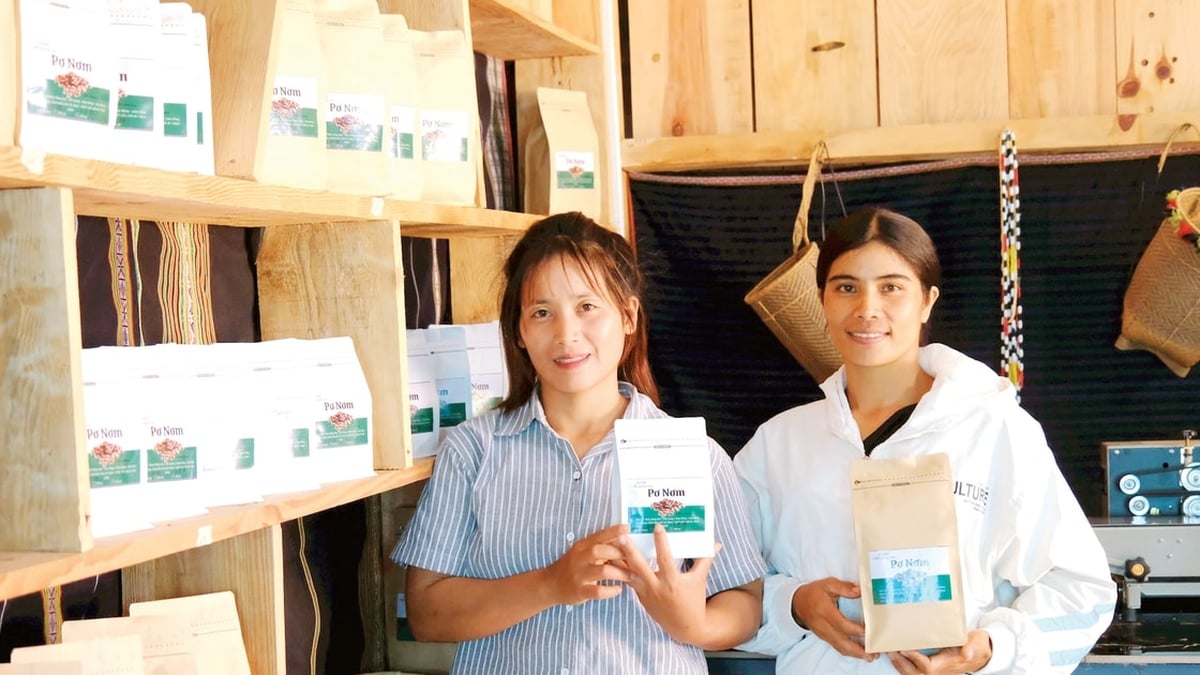
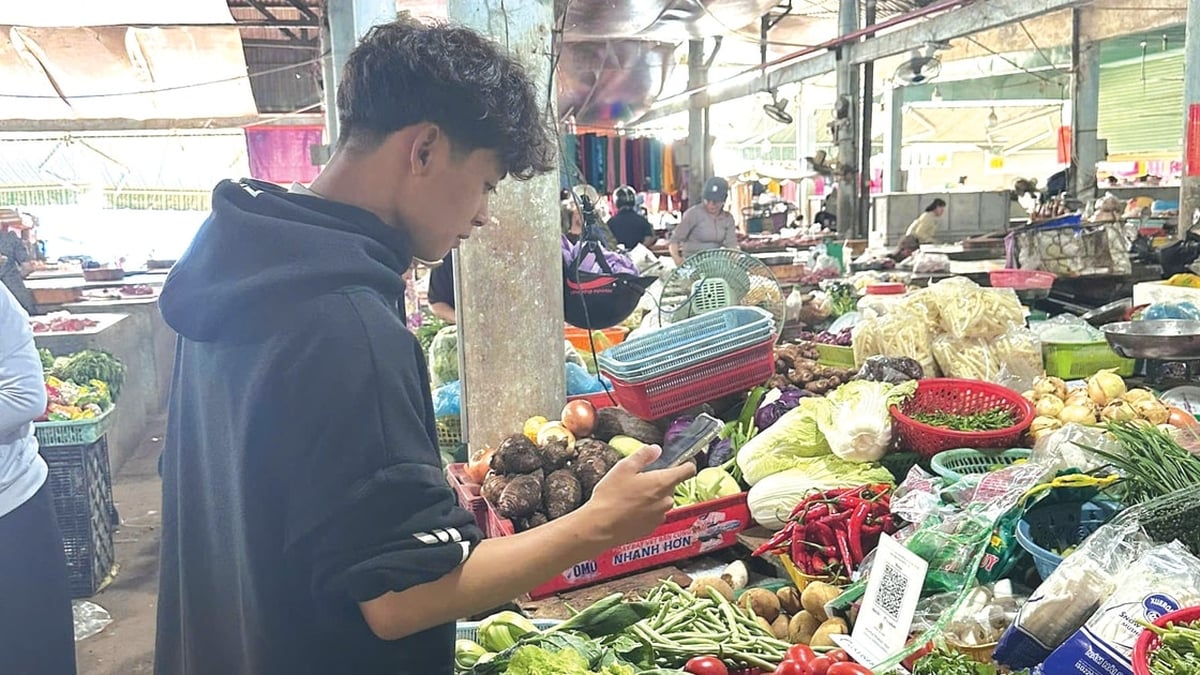
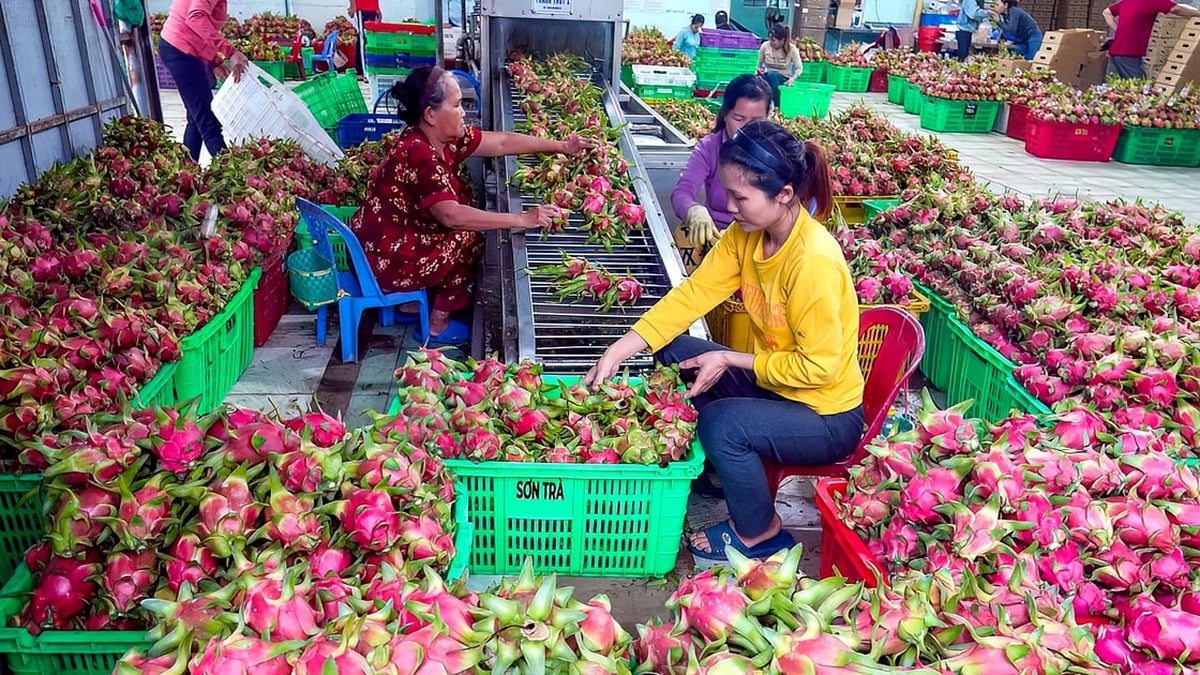
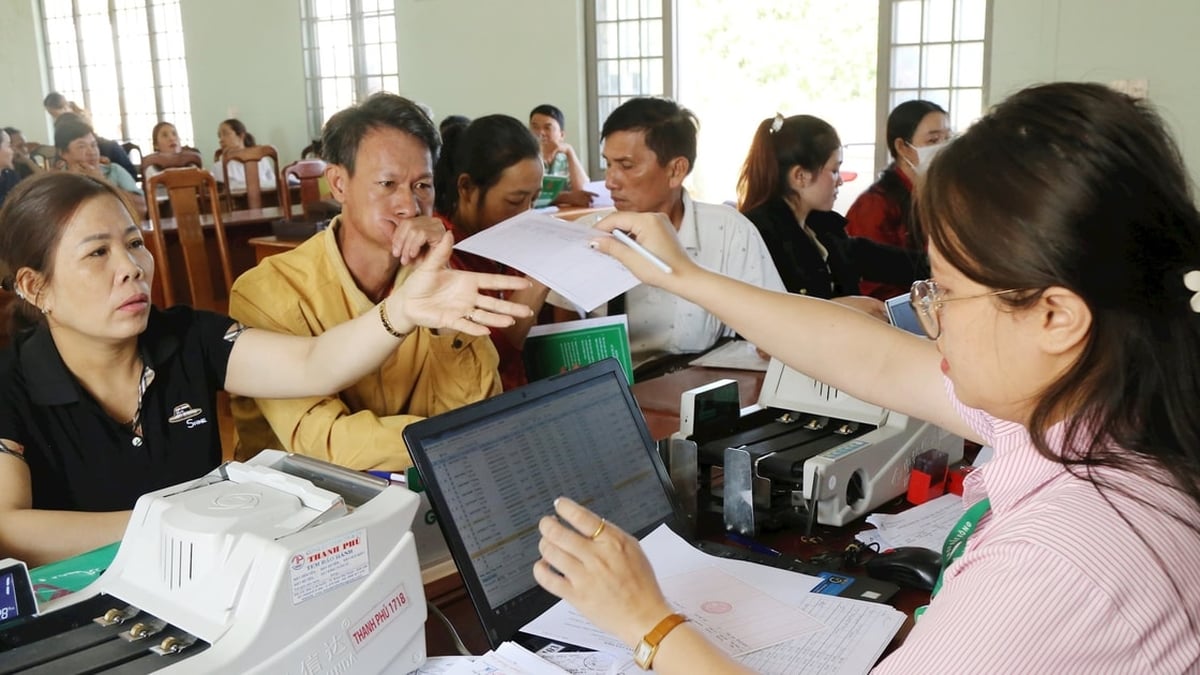
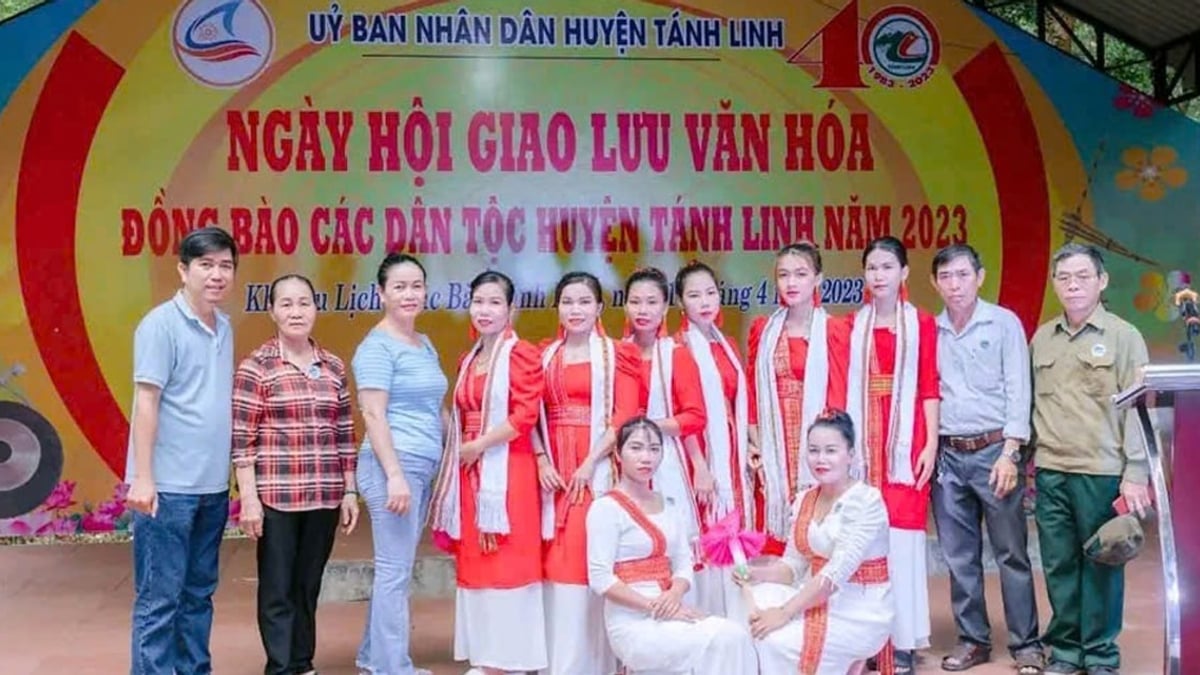
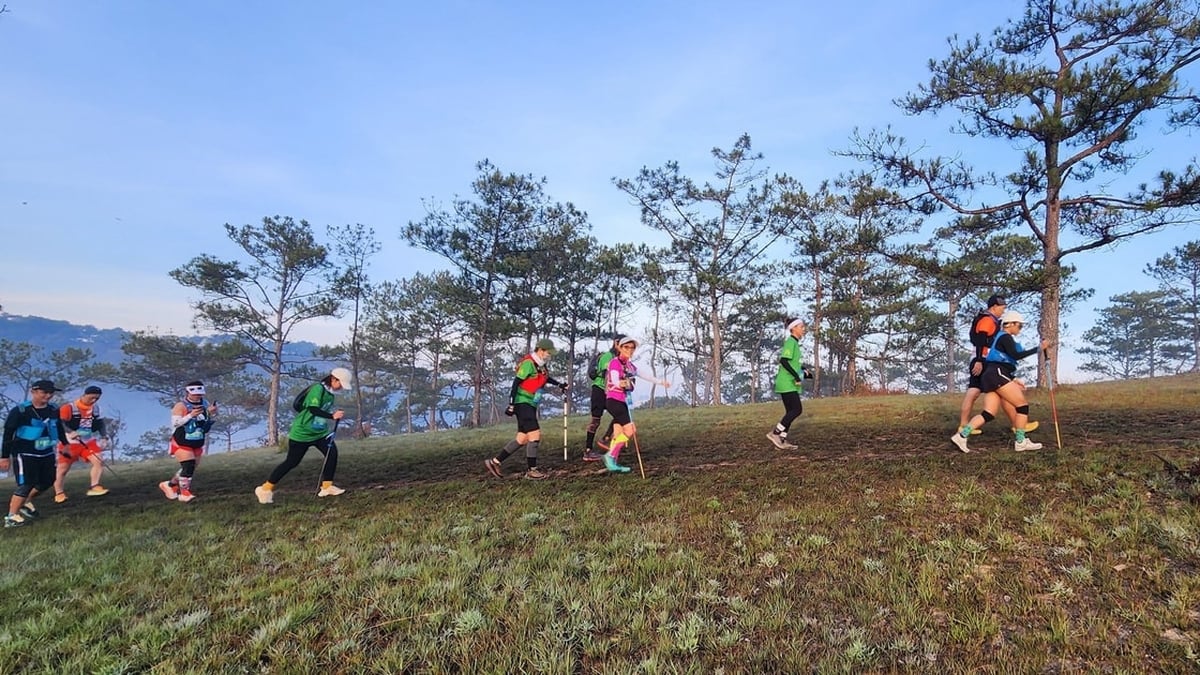
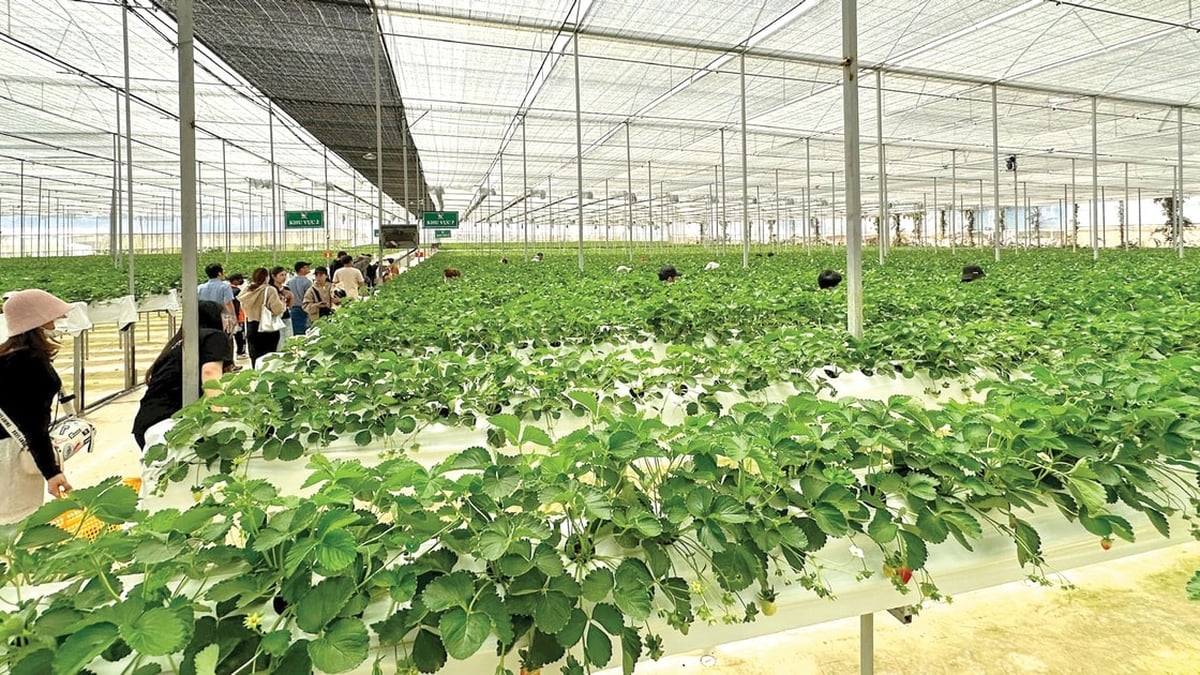


















































































![[Infographic] In 2025, 47 products will achieve national OCOP](https://vphoto.vietnam.vn/thumb/402x226/vietnam/resource/IMAGE/2025/7/16/5d672398b0744db3ab920e05db8e5b7d)





Comment (0)